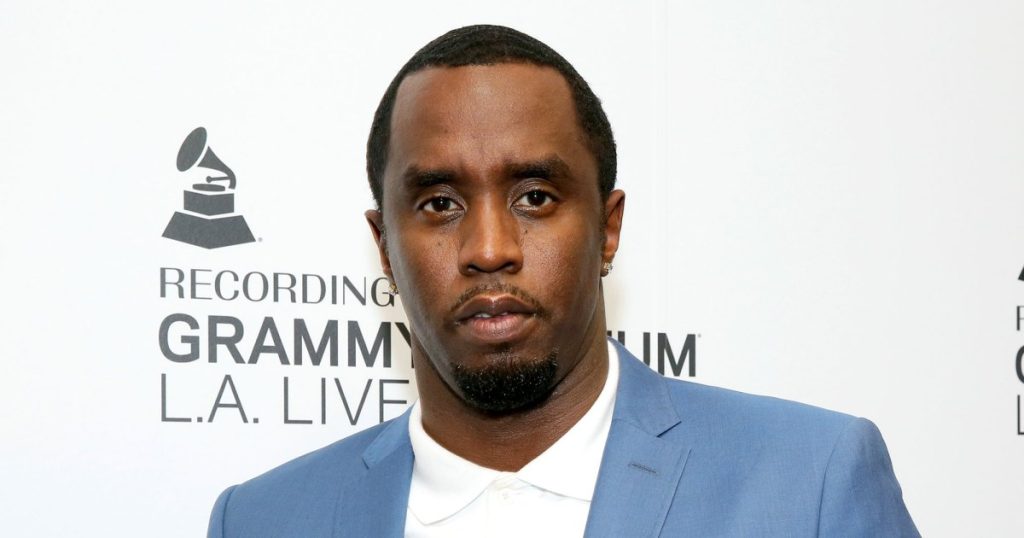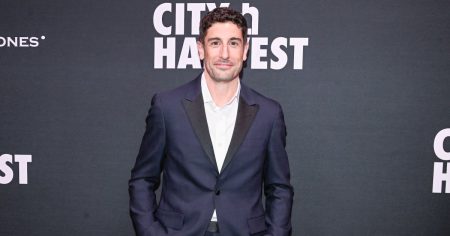Sean “Diddy” Combs faces serious allegations of sexual assault, with a John Doe accuser bravely coming forward to share his harrowing experience in a CNN interview. The alleged incident occurred in 2007 during one of Combs’ infamous White Parties in the Hamptons. Doe, whose identity was concealed for his protection, claims he was incapacitated after having two drinks that felt like the equivalent of fifteen, suggesting his drink was possibly spiked. Feeling helpless and unable to stand, Doe alleges Combs, who had been observing him, took advantage of his vulnerable state. He claims Combs then forced him into a vehicle where the assault took place. Doe’s pleas for Combs to stop were allegedly ignored, and he described the experience as incredibly painful and abusive. He further stated that a high-profile guest witnessed the assault and reacted with amusement. Doe reported the incident to his supervisor at the private security firm he worked for, but his concerns were allegedly dismissed, leading to him being blacklisted within the industry and forced to change careers. The trauma from the alleged assault also reportedly contributed to the breakdown of Doe’s marriage, although this detail has been subject to amendment in subsequent court filings.
Combs’ legal team vehemently denies the allegations, attributing them to the tactics of Doe’s attorney, Tony Buzbee. They claim Buzbee pressures clients into filing unsubstantiated lawsuits and point to inconsistencies in the original complaint regarding the date and location of the alleged incident. Initially, the complaint stated the incident occurred in 2006 at a White Party in St. Tropez, while Combs’ team insists there was no such party in the Hamptons that year. The complaint has since been amended to reflect the 2007 date and Hamptons location. Combs’ representatives maintain their client’s innocence, expressing confidence in the judicial process and asserting that Combs has never sexually assaulted anyone.
The details of Doe’s account paint a disturbing picture of vulnerability and exploitation. He vividly recounts the rapid onset of incapacitation after consuming just two drinks, a sensation drastically disproportionate to the amount consumed, suggesting the possibility of his drinks being tampered with. The alleged assault itself is described as a brutal and dehumanizing experience, with Combs purportedly displaying a callous indifference to Doe’s pain and pleas. The presence of a seemingly indifferent high-profile witness adds another layer of complexity to the narrative, raising questions about the culture of silence and complicity that can surround such incidents.
The alleged aftermath of the assault further highlights the potential power dynamics at play. Doe’s claim of being blacklisted by his former employer after reporting the incident suggests a possible attempt to suppress the allegations and protect Combs’ reputation. The reported breakdown of Doe’s marriage underscores the devastating personal consequences that can ripple outward from such traumatic experiences. The amended detail regarding Doe’s marital status in the court documents underscores the evolving nature of the legal proceedings and the importance of accurate and consistent information.
Combs’ legal team’s response centers on discrediting the accuser’s attorney and highlighting inconsistencies in the initial complaint. They portray Buzbee as an opportunist who fabricates lawsuits for personal gain. The discrepancy between the initial complaint citing a 2006 incident in St. Tropez and the amended complaint specifying a 2007 incident in the Hamptons is presented as evidence of the claim’s lack of credibility. This strategy aims to shift the focus away from the allegations themselves and onto the perceived motivations and credibility of the accuser’s legal representation.
The case against Combs remains complex and contested, with both sides presenting starkly different narratives. Doe’s account depicts a traumatic assault and its devastating consequences, while Combs’ team insists on his innocence, portraying the allegations as fabricated and motivated by financial gain. The legal proceedings will ultimately determine the veracity of these claims, but the case already serves as a stark reminder of the complexities surrounding sexual assault allegations, the importance of due process, and the courage required for survivors to come forward. The outcome of this case will undoubtedly have significant implications for both Doe and Combs, and its trajectory will be closely watched by the public and the media.










![Ginny and Georgia’s Paul Has Doubts Over Georgia Arrest, [Spoiler] Questions Their Sexuality](https://newsytribune.com/wp-content/uploads/2025/06/Ginny-and-Georgias-Paul-Has-Doubts-Over-Georgia-Arrest-450x236.jpg)